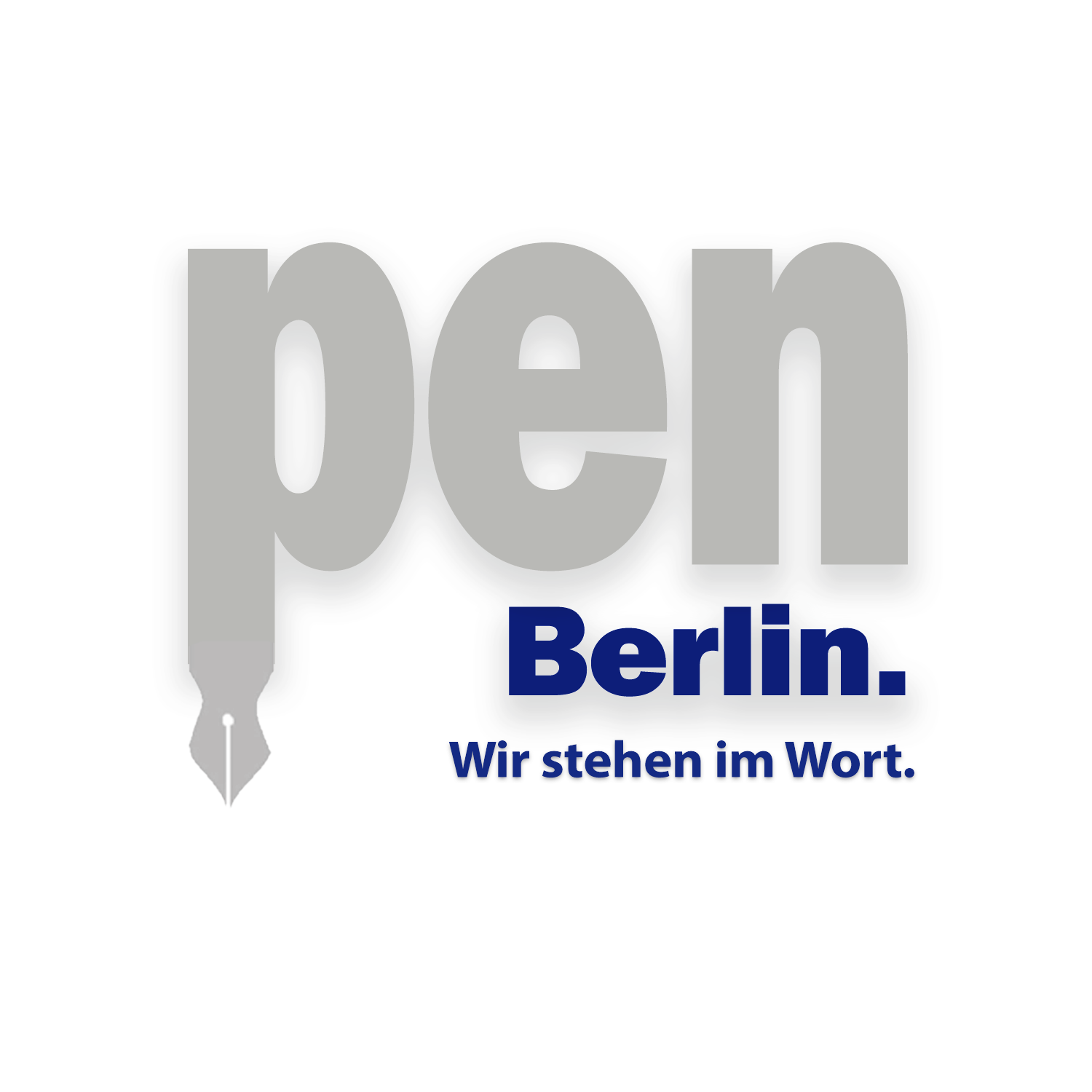What unites us? – Two Tuesday talks to overcome polarisation

Polarisation is actually taking place in all areas of society. What remains are countless grim areas of conflict – building new bridges often seems impossible. How can we as authors counteract the increasing polarisation? What strategies of de-escalation and ways to overcome the often dualistic escalating conflicts are there? What can we as PEN Berlin do against division in society and discourse?
A two-part season of talks of PEN Berlin which, on the initiative of the ‘Diversity’ working group, addresses four of these zones of conflict with a searching, open perspective and maximally constructive manner, in the intention of creating new connections across borders.
1. Shared values, undivided attention? What significance do “Western” values, religious values and “German” values have today?
Tuesday, 14. May 2024, 8 p.m.
And don’t we need to focus much more on universal values? How do we share values at all? How is attention generated for values that are actually shared, such as living together as non-violent as possible? What contribution can authors make? And what role do ethics, morals, eroding norms, tolerance of ambiguity and identities in difference play in this?
Expert: Regina Ammicht Quinn, Dr theol. habil., Professor of Ethics at the Interna-tional Centre for Ethics in the Sciences and Humanities (IZEW) at the University of Tübingen; speaker for the centre from 2014-2024. Catholic theology and German studies, doctorate about the ethics of the theodicy question (summa cum laude) in theological ethics (1991), professorship in social ethics on the body, religion and gender (1999); in the course of first placements in appointments, several refusals of the Roman nihil obstat; since 2000 at the IZEW of the University of Tübingen; Establishment and management of the research area “Ethics and Culture” with the “Research Focus on Security Ethics” and the treatment of cultural issues of digitalisation and the analysis of cultural conflicts with numerous research projects and publications; founding director of the “Centre for Gender and Diversity Research”, also at the University of Tübingen. From February 2010 to May 2011, honorary State Councillor for Intercultural and Interreligious Dialogue as a non-party member of the provincial government of Baden-Württemberg.
Moderator: Tanja Dückers, *1968 in Berlin, is a freelance writer, lecturer, speaker and publicist. She has published 20 books (novels, short stories, children’s books, poetry and essay collections). Shecreates poetic Berlin neighbourhood chocolates since 2017 with a local chocolate shop manufactory. She is supporting humanitarian aid in Ukraine with a special edition. Tanja Dückers also writes regularly for print media and radio (Deutschlandfunk, SZ, Tagesspiegel, Berliner Zeitung, ZEITOnline, FR, Jungle World, taz, Amnesty Journal, Politik & Kultur, Das Magazin) on socio-political issues. Tanja Dückers has taught German Studies at various colleges and universities in the USA and Great Britain, including Dartmouth College, Oberlin College, the University of Wisconsin-Madison and the University of Bristol. She gives lectures and moderates many panels in Germany and abroad (e.g. Goethe Institutes, Heinrich Böll Foundation, FES, Robert Bosch Foundation, universities and other educational institutions). She is a member of Amnesty International, PEN Berlin, the Christa Wolf Society and “Weiter Schreiben”, a writers’ group that helps refugee authors to enter the German-language literary scene.
2. Buzzwords “Woke, Intersectional and Postcolonialism”. (How) can we use language to make the world a better place?
Tuesday, 11 June 2024, 8 p.m.
Discrimination, persecution, oppression, power, privilege, domination and critique of domination: what terms do we use to talk about injustice, misanthropy and visions of non-violent coexistence? How can progressive thinking in language and literature succeed without generating new exclusions through dogmatism? What can the literary industry, we as authors and PEN Berlin do to achieve this? How can the political potential of literature be strengthened, for example to create connections across all borders by promoting empathy? And: “Don’t be naïve” – how can we stand up for humanistic issues such as peace, love, non-violence and humanity without fearing embarrassment and exclusion?
Expert: Dr Eva von Redecker is a philosopher and author. She lives in rural Brandenburg and also in the Ruhr region since January 2014 following the invitation of the Brost Foundation. Until 2019, she was a research assistant at Humboldt University and a visiting scholar at Cambridge University and the New School for Social Research in New York. In 2020/2021, she held a Marie Skłodowska Curie Fellowship at the University of Verona. Eva von Redecker specialises in critical theory, feminism and criticism of capitalism, contributes article for papers including “Die ZEIT” and regularly appears in radio and TV interviews. Since autumn 2022, she has been hosting the philosophical discussion series “Eva and the Apple” at Schauspiel Köln. Her publications include Bleibefreiheit. S. Fischer 2023; Revolution for Life. Philosophy of the new forms of protest. S. Fischer 2020; Practice and Revolution. A social theory of radical change. Campus 2018
Moderator: Dr Asmus Trautsch is a philosopher and poet who lives in Berlin. He has taught at several universities, organised interdisciplinary literature festivals and curated exhibitions. He publishes poetry, essays and academic texts.
Please register at as registration helps with planning. Spontaneous participation is also welcome. You can find the event by clicking on this zoom link:
